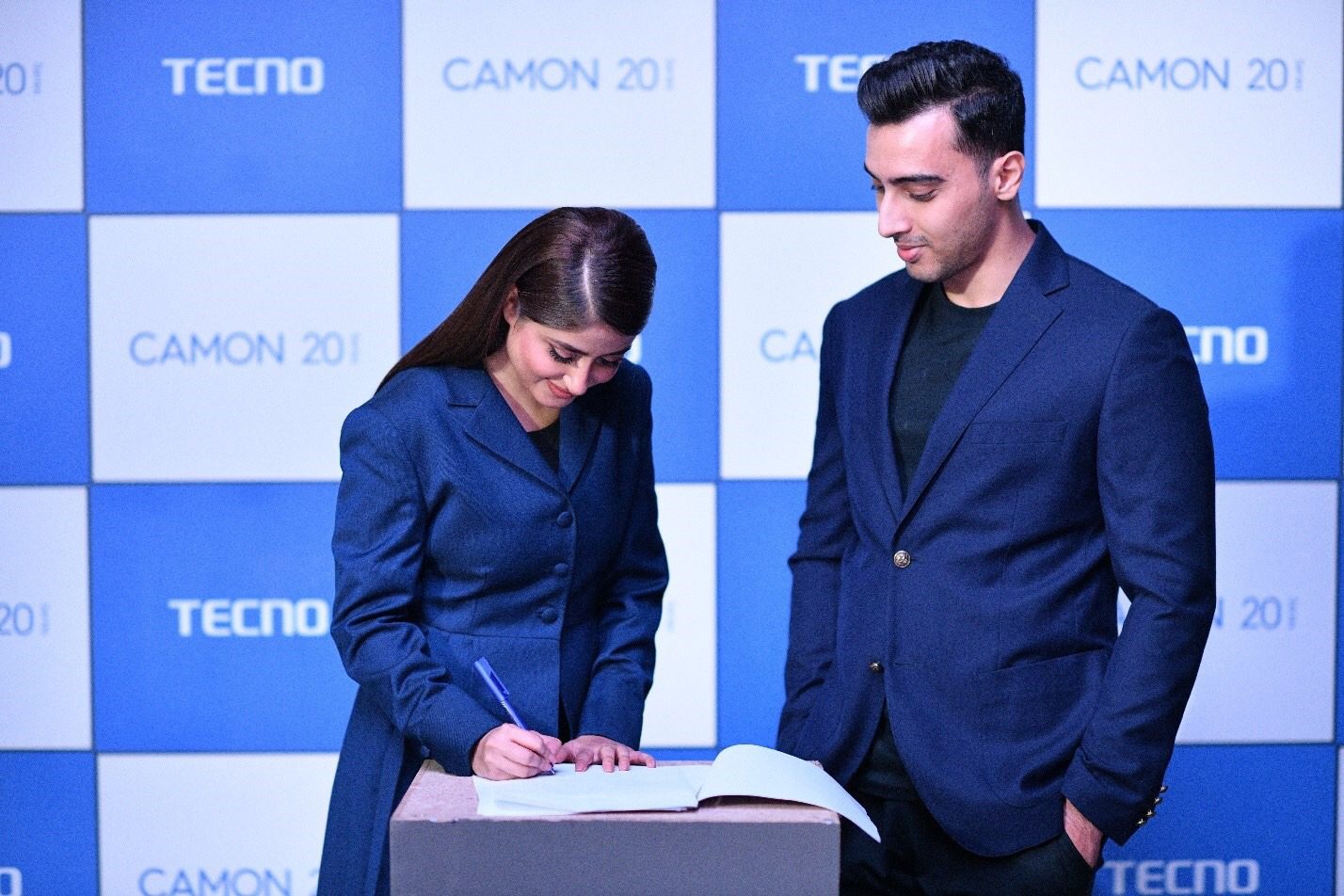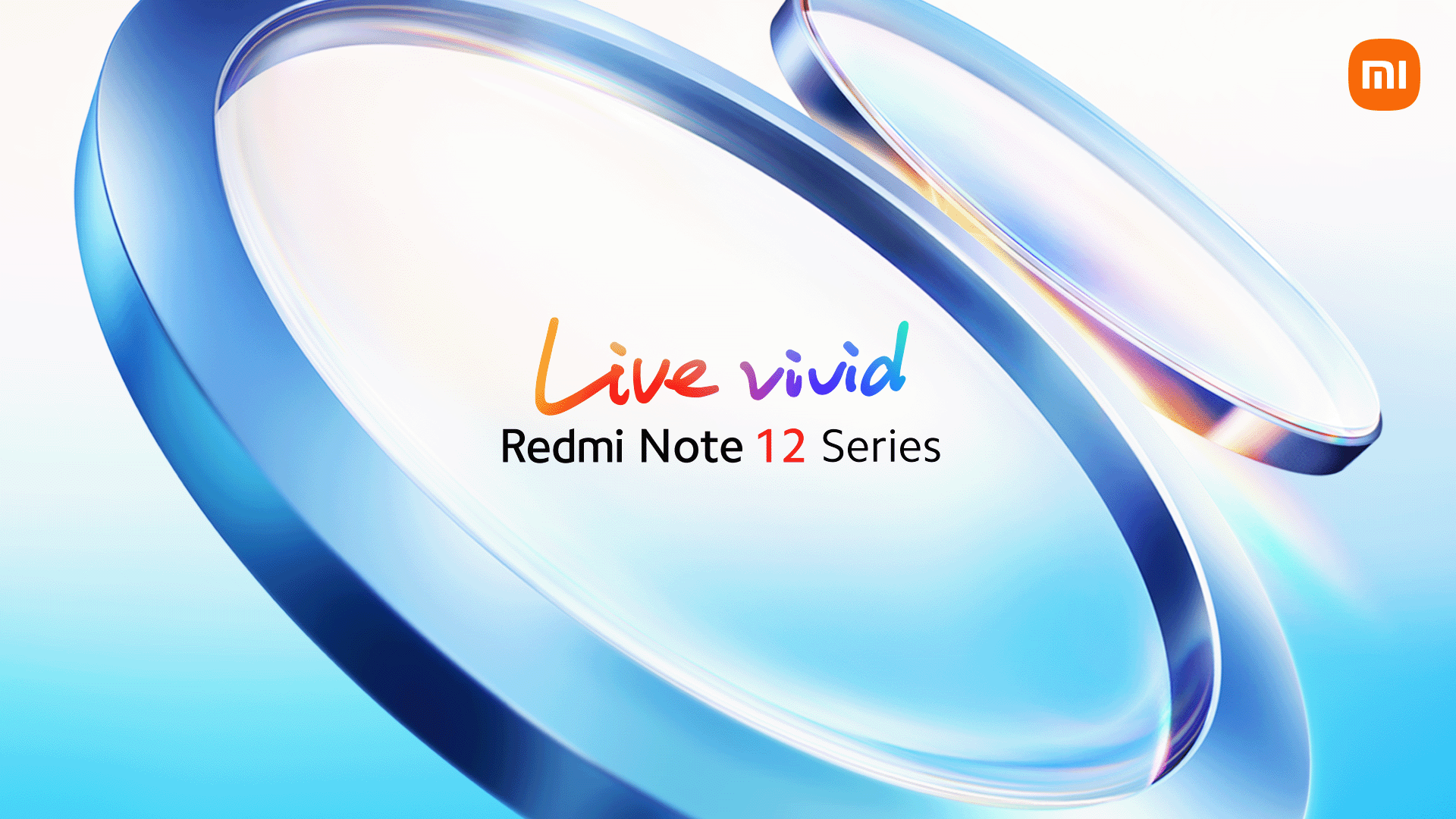Cochlear Ltd said, on Thursday, it is now able to stream sound immediately from Apple Inc’s iPhone, iPad, and ipod touch to the microchips in its reading implants and never have to use yet another device.
Previously, Cochlear’s audio processors caused cell phones, but implant wearers was required to hook up the sound processor chip to a intermediate Bluetooth device, usually worn throughout the neck such as a pendant, that could then match with a mobile. “It is the first time people who have an iPhone can pick up the telephone normally, or maybe pay attention to music, without the additional devices,” said Jan Janssen, older vice chief executive of research and development at Cochlear, within an interview.
The iPhone capacities comes into play Cochlear’s latest audio processor that rests outside the hearing, the Nucleus 7, likely to be released in Sept. Users can up grade the processor with out a new implant. Colorado-based Cochlear’s processors accumulate sound from the surroundings, making it an electrical transmission and send it for an electrode implanted in the hearing of folks with hearing damage. The improvement can help Russ Levanway, the creator of a tiny IT business called TekTegrity. Levanway lost almost all of his reading when he was 4 years of age because of a sickness, but cochlear implants let him hear near normally in face-to-face conversations.
Levanway ran his business for ten years mostly through e-mail and in-person conferences until Cochlear’s Bluetooth models arrived a couple of years before. “It works pretty much, but it isn’t seamless. I must join conference cell phone calls early and workout the glitches prior to the call begins,” Levanway said. “To listen to Apple does something that links immediately with the implant, that’s huge.” Apple in addition has worked with experiencing aide businesses such as GN ReSound and Starkey, which can also hook up right to the iPhone. Apple developed the protocols with the organizations and licenses it to them free of charge.
Sarah Herrlinger, director of global availability coverage for Apple, said an integral problem with implants was proven fact that audiologists do not necessarily prescribe a matched up group of Cochlear implants. Often doctors recommend one implant and one experiencing aide, often from another maker. “We’d to determine the way you could execute a bi-modal solution where you can simultaneously set, control and listen to both of these running at exactly the same time,” she said. “That was an extremely interesting engineering chance of us to resolve.” Reuters



